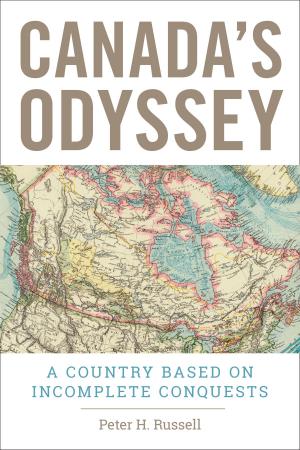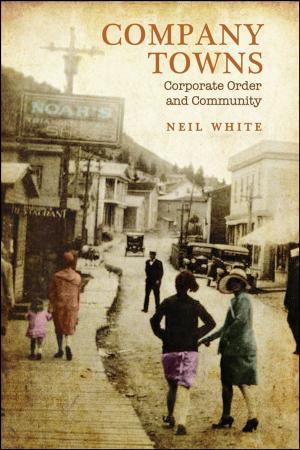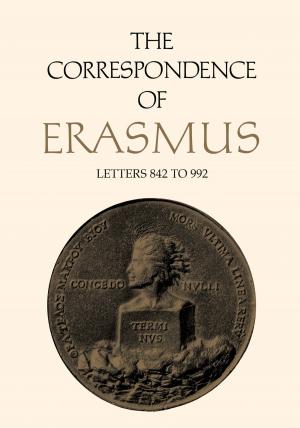Who is an Indian?
Race, Place, and the Politics of Indigeneity in the Americas
Nonfiction, Social & Cultural Studies, Social Science, Cultural Studies, Native American Studies, Anthropology, Sociology| Author: | ISBN: | 9781442668003 | |
| Publisher: | University of Toronto Press, Scholarly Publishing Division | Publication: | January 31, 2014 |
| Imprint: | Language: | English |
| Author: | |
| ISBN: | 9781442668003 |
| Publisher: | University of Toronto Press, Scholarly Publishing Division |
| Publication: | January 31, 2014 |
| Imprint: | |
| Language: | English |
Who is an Indian? This is possibly the oldest question facing Indigenous peoples across the Americas, and one with significant implications for decisions relating to resource distribution, conflicts over who gets to live where and for how long, and clashing principles of governance and law. For centuries, the dominant views on this issue have been strongly shaped by ideas of both race and place. But just as important, who is permitted to ask, and answer this question?
This collection examines the changing roles of race and place in the politics of defining Indigenous identities in the Americas. Drawing on case studies of Indigenous communities across North America, the Caribbean, Central America, and South America, it is a rare volume to compare Indigenous experience throughout the western hemisphere. The contributors question the vocabulary, legal mechanisms, and applications of science in constructing the identities of Indigenous populations, and consider ideas of nation, land, and tradition in moving indigeneity beyond race.
Who is an Indian? This is possibly the oldest question facing Indigenous peoples across the Americas, and one with significant implications for decisions relating to resource distribution, conflicts over who gets to live where and for how long, and clashing principles of governance and law. For centuries, the dominant views on this issue have been strongly shaped by ideas of both race and place. But just as important, who is permitted to ask, and answer this question?
This collection examines the changing roles of race and place in the politics of defining Indigenous identities in the Americas. Drawing on case studies of Indigenous communities across North America, the Caribbean, Central America, and South America, it is a rare volume to compare Indigenous experience throughout the western hemisphere. The contributors question the vocabulary, legal mechanisms, and applications of science in constructing the identities of Indigenous populations, and consider ideas of nation, land, and tradition in moving indigeneity beyond race.















